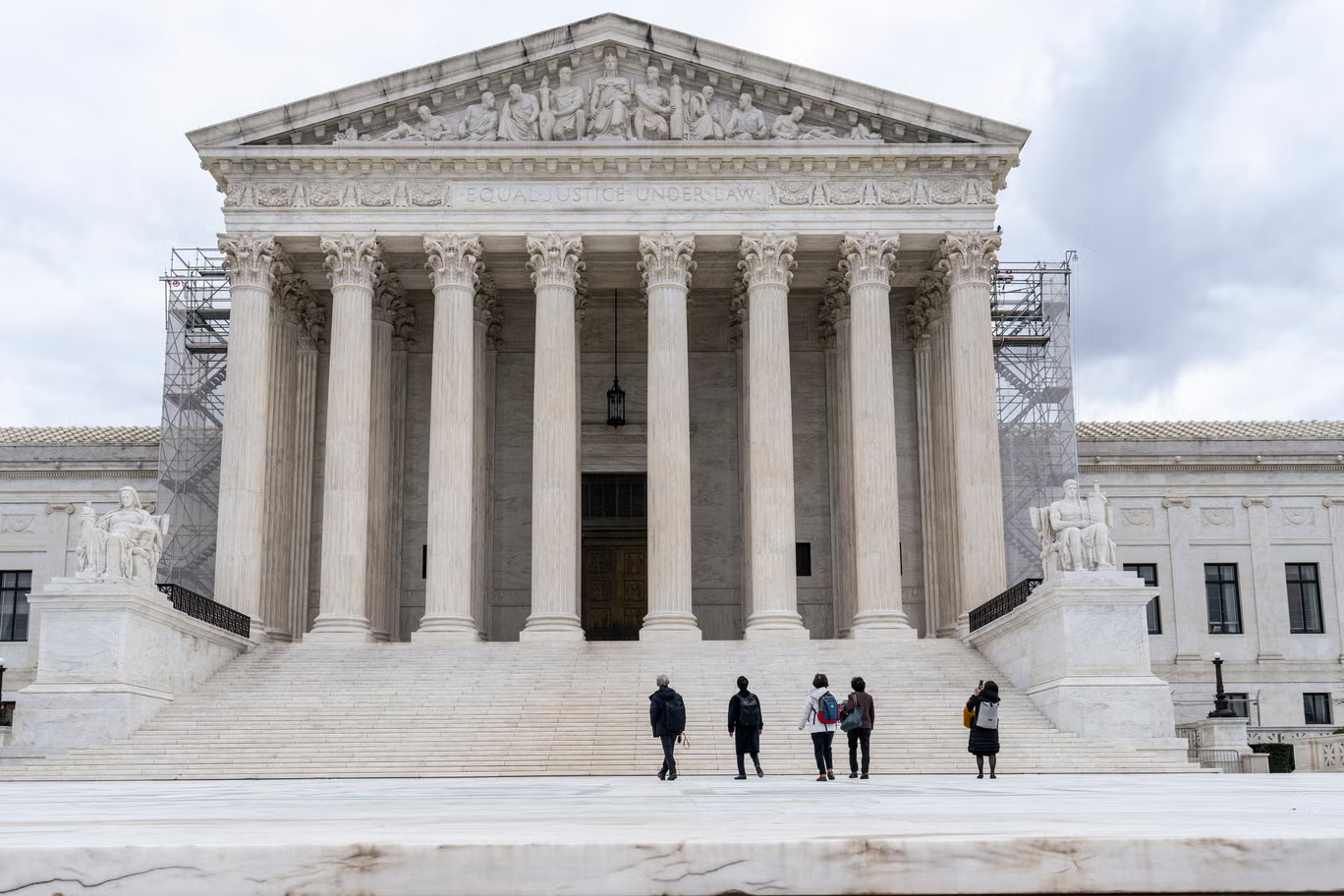Federal courts take steps to limit forum selection, spotlighted by abortion medication lawsuit

Federal courts implemented measures on Tuesday to curtail the practice of judge shopping, where lawsuits are strategically filed in front of judges perceived to be sympathetic to a particular viewpoint. This tactic came under national scrutiny following a significant abortion medication case. The new policy applies to civil suits with broad implications, mandating random assignment of judges even in regions where cases have historically been heard by a single judge due to local filing practices.
While random assignment systems are already in place in most of the country’s 94 federal district courts, some divisions allocate cases to judges based on the location of filing. This practice allows private or state attorneys in regions with only one judge, often rural areas, to effectively choose the judge presiding over their case. Concerns over judge shopping have been raised by lawmakers and the Biden administration, with Chief Justice John Roberts highlighting its prevalence in patent cases in his 2021 report on the federal judiciary.
Interest groups have long sought out judges they perceive as sympathetic to their causes, but the practice gained heightened attention following a landmark ruling temporarily halting the approval of abortion medication. In a case filed in Amarillo, Texas, it was expected to be heard by U.S. District Judge Matthew Kacsmaryk, an appointee of former President Donald Trump known for his association with a religious liberty legal group advocating conservative positions.




